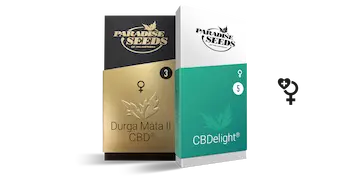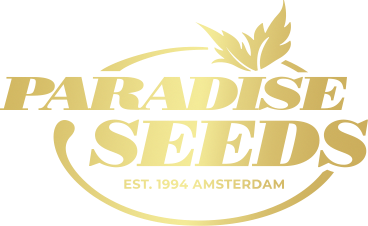Do you use CBD for health and wellness? If you do you are not alone. The European market is estimated to be worth over half a billion Euros a year and a whole new audience is learning to appreciate the medical qualities of the cannabis plant (minus the psychoactive high of THC).
But do you know where your CBD comes from? As the CBD market has exploded it has done so without any real regulation. As a result there are a lot of companies selling CBD products that are selling little more than snake oil. This is clearly a problem for consumers, especially for medical users.

The problem for consumers is that it is very easy for a company to set up a business selling CBD for health and wellness, but who is checking that the product they are selling is the real deal? Guy Coxall from Trust Canna, a UK organization providing a Cannabis Product Certification process to certify if a product is safe, legal and that products are what they say they are.
Being involved with CBD product compliance Guy has seen numerous examples of misleading products on the market – many containing up to 50% of the CBD content claimed on the label, and some containing no CBD at all. There are also increasing reports of oils containing cheap isolates which have come from places like China and Eastern Europe where cannabis has been grown with chemicals.
The cannabis plant is a phytoremediator, which means it absorbs heavy metals and toxins – this is the reason why it was grown around Chernobyl after the nuclear disaster in order to aid in the de-toxification of the soil. “Obviously if your source material is contaminated, then the extract it produces is going to contain toxins,” explains Guy, “and this is potentially dangerous for medical patients who have an already compromised immune system.”
Where Does CBD Oil Come From?
The process begins with a raw extract from the plant. Most of the industry uses a basic extract from the plant using CO2 extraction. This will produce a product that is quite thick and doesn’t have a great taste but it is full spectrum (containing a full range of cannabinoids, terpenoids and flavonoids).
To tackle the ‘taste’ issue, some companies take the raw CBD extract through a further extraction method known as winterization (cold extraction) or distillation which removes plant material such as chlorophyll and lipids, leaving the CBD extract with terpenoids intact.
As hemp often has a poor terpene profile, some companies take the CBD oil to another level again by adding terpene profiles to produce different effects. For example Myrcene and linalool may be added to produce more relaxation (this terpene is associated with the ‘couch lock’ effect of a heavy indica) or limonene and pinene (found in greater quantities in many sativas) to give you a little more bounce in your step.
Why Use CBD for Health and Wellness?
Many people have been introduced to CBD as a new ‘wonder supplement’ for enhancing wellness, with the mainstream media joining the party. To understand how you might benefit from taking CBD for health, we must first look at the endocannabinoid system which, amazingly, was only discovered in the 1990s.
All mammals have an endocannabinoid system, which keeps the body in a state of homeostatic balance (ie resisting negative change). Inevitably, everybody’s endocannabinoid system is different and affected by the lives that we lead. Therefore our natural balance is impacted by factors, internal and external, which can affect the endocannabinoid system such as stress, injury, bad food and pollution. By putting CBD back into this natural equation can bring positive effects for your body.
What is the Recommended Dosage for CBD Oil?
This is an area of great confusion for many users. Content measurements in products can range between anything from 3 – 20% of CBD and these can also be listed in terms of milligrams. While manufacturers may recommend a daily dosage, it is important to recognize the significance of the personalized endocannabinoid system and find your own level.
Guy Coxall has this bit of advice: “Take it low and slow. Less is more, especially for those who are taking CBD for anxiety disorders. CBD can have a biphasic effect, meaning that if you have too much too quickly it can have the opposite effect. Starting with just one drop per day the user should build up the dose week by week until they find their own level of effectiveness. As for percentages, ‘the stronger the better’ is not better. In my experience the average consumer will find an optimum level of somewhere between 5 – 20 mg per day.”
‘Regulation’ is a word increasingly used in the cannabis industry, especially in places where legalization has brought cannabis products to markets of millions of people (such as the USA and Canada). Although regulation may go against cannabis underground culture principles, once it hits the mainstream and attracts commercial interests, inevitably a whole bunch of new players enter the market – many of them with an eye on your money and not your health.
Ultimately regulation will be the only way to fully protect consumers who are taking products, such as CBD, for health and wellness. So if you are buying CBD products, do your research first. In the meantime, make sure you buy from a credible source and bear in mind that there is no ‘one size fits all’ dose.


